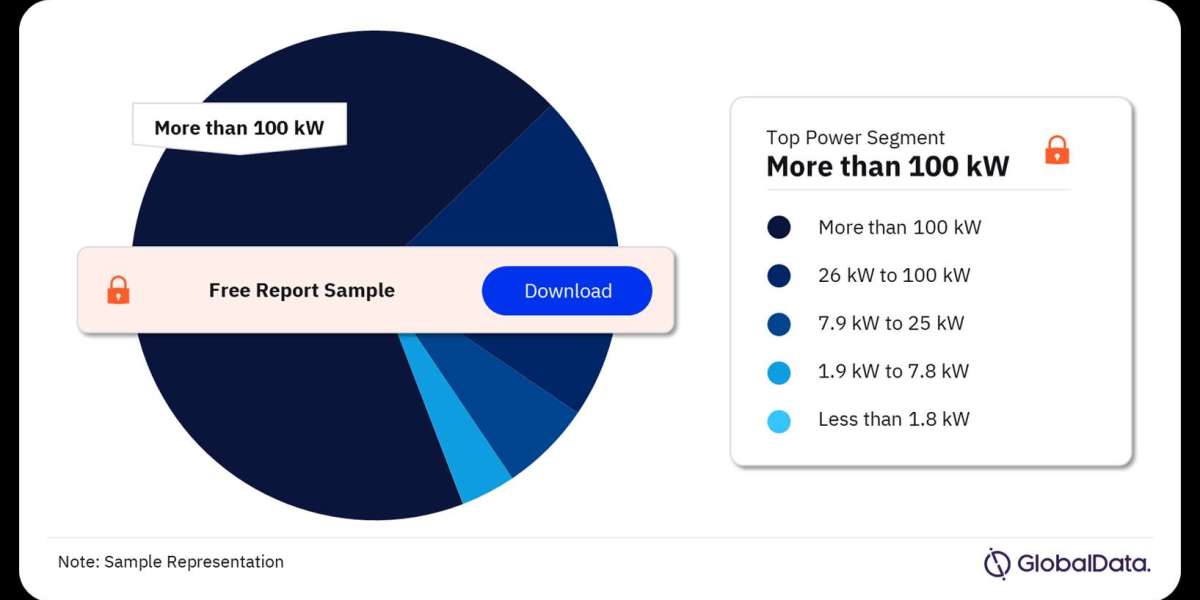Artificial Intelligence (AI) has been revolutionizing various industries, and one of the most significant areas it's transforming is healthcare. From enhancing diagnostics to personalized treatment plans, AI is reshaping how healthcare is delivered, making it more efficient, accurate, and accessible. This article delves into the profound impact of AI on healthcare and the myriad ways it's revolutionizing the industry.
**Enhanced Diagnostics:**
One of the most significant contributions of AI to healthcare is its ability to improve diagnostics. AI-powered systems can analyze vast amounts of medical data, including patient records, lab results, and imaging scans, with incredible speed and accuracy. Machine learning algorithms can detect patterns and anomalies in this data, aiding in the early detection of diseases such as cancer, cardiovascular conditions, and neurological disorders. For example, AI algorithms can analyze medical images like X-rays and MRIs, helping radiologists identify abnormalities more efficiently.
**Personalized Treatment Plans:**
AI enables the development of personalized treatment plans tailored to individual patients' needs. By analyzing patients' genetic makeup, medical history, lifestyle factors, and treatment responses, AI algorithms can recommend the most effective therapies and dosage regimens. This personalized approach not only improves treatment outcomes but also minimizes side effects and reduces healthcare costs by avoiding unnecessary procedures and medications.
**Predictive Analytics:**
AI-powered predictive analytics play a info role in anticipating and preventing adverse health events. By analyzing various data sources, including patient records, vital signs, and environmental factors, AI algorithms can identify individuals at high risk of developing specific conditions or experiencing complications. Healthcare providers can then intervene proactively, offering preventive measures and early interventions to mitigate risks and improve patient outcomes.
**Virtual Health Assistants:**
AI-driven virtual health assistants are transforming the way patients interact with the healthcare system. These intelligent chatbots and virtual agents can provide personalized health advice, answer medical queries, schedule appointments, and even remind patients to take their medications. Virtual health assistants improve patient engagement, provide round-the-clock support, and alleviate the burden on healthcare providers by handling routine tasks efficiently.
**Drug Discovery and Development:**
AI is accelerating the drug discovery and development process, significantly reducing the time and resources required to bring new treatments to market. Machine learning algorithms can analyze vast datasets to identify potential drug candidates, predict their efficacy and safety profiles, and optimize clinical trial designs. By streamlining drug development, AI has the potential to bring life-saving medications to patients faster and address unmet medical needs more effectively.
**Remote Monitoring and Telemedicine:**
In an era of remote healthcare delivery, AI-enabled remote monitoring and telemedicine solutions are becoming increasingly prevalent. Wearable devices equipped with AI algorithms can track patients' vital signs, detect abnormalities, and alert healthcare providers to potential health issues in real-time. Telemedicine platforms powered by AI facilitate virtual consultations, enabling patients to access healthcare services from the comfort of their homes, particularly beneficial for those in remote or underserved areas.
**Ethical and Regulatory Considerations:**
While AI holds immense promise for healthcare, it also raises ethical and regulatory challenges that must be addressed. Issues such as data privacy, algorithm bias, and accountability require careful consideration to ensure AI technologies are deployed responsibly and equitably. Regulatory bodies need to establish guidelines and standards to govern the use of AI in healthcare, balancing innovation with patient safety and ethical considerations.
In conclusion, AI is revolutionizing healthcare by enhancing diagnostics, personalizing treatment plans, enabling predictive analytics, and transforming patient engagement and remote care delivery. While the widespread adoption of AI in healthcare presents challenges, its potential to improve patient outcomes, increase efficiency, and reduce healthcare disparities makes it a transformative force in the industry. With continued research, innovation, and collaboration, AI has the power to revolutionize healthcare delivery and improve the lives of millions worldwide.








